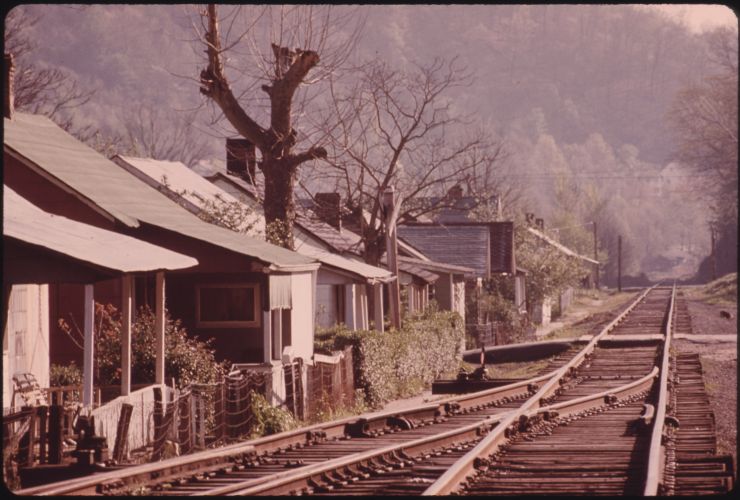
In the Boston Review, historian Elizabeth Catte pushes back against the characterization of rural America as “Trump country” and the assumption that such areas are devoid of radical left politics. Focusing on Virginia and West Virginia, the heart of coal country (where Catte grew up and resides today), she recounts the history of working-class resistance to extractive capitalism, and highlights encouraging developments that point to a revival of that tradition. Here’s an excerpt:
Rural spaces are often thought of as places absent of things, from people of color to modern amenities to radical politics. The truth, as usual, is more complicated. The parents and grandparents of my childhood friends were union organizers; when my grandfather moved to East Tennessee, he went from a world of communist coal miners to the backyard of one of the most important incubators of the civil rights movement, the Highlander Research and Education Center. I now organize with people whose families have fought against economic exploitation for generations. From my vantage point in West Virginia and southwestern Virginia, what is old is new again: the revival of a labor movement, the fight against extractive capitalism, the struggle against corporate money in politics, and the continuation of women’s grassroots leadership.
Image via Boston Review.